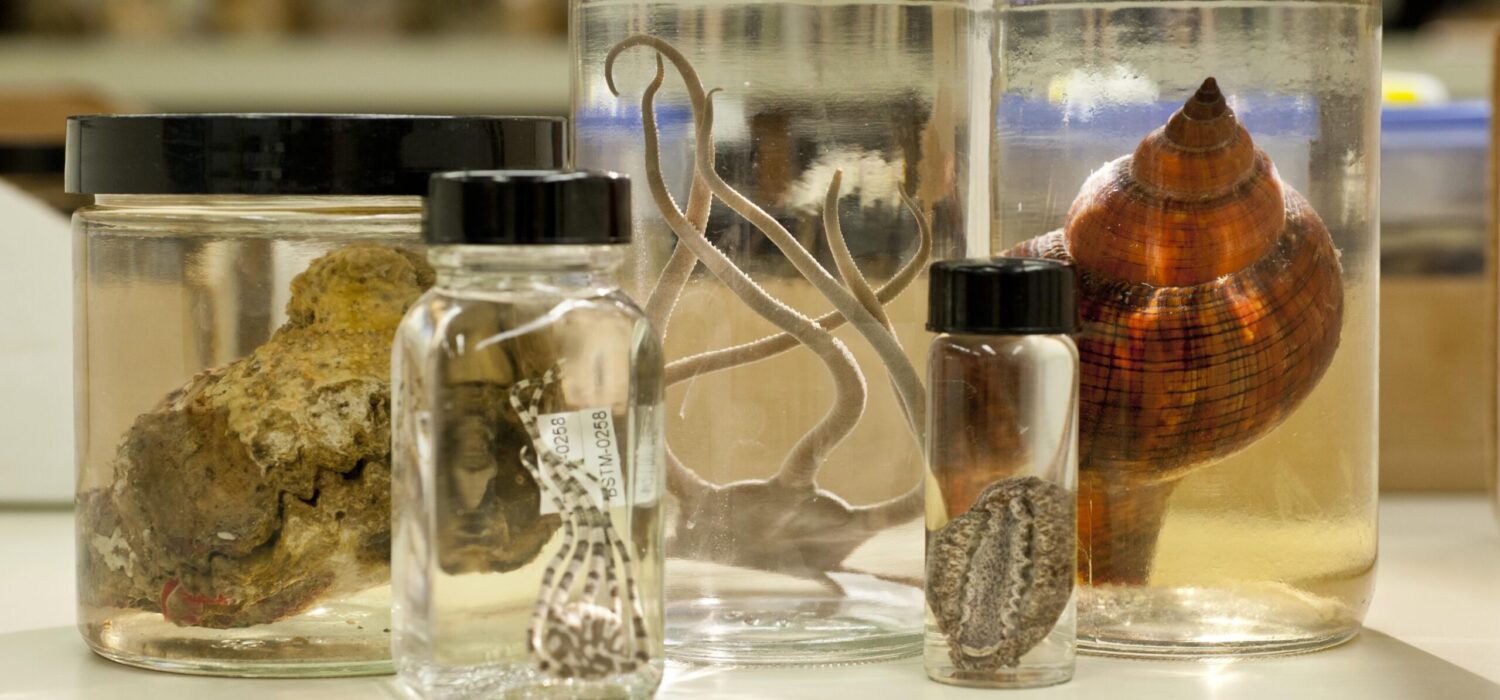The National Science Foundation (NSF) has awarded six grants totaling about $7.5 million to digitize biodiversity collections. The funding is part of a nationwide effort coordinated by the iDigBio program based at the University of Florida.
This is the fourth round of awards made by NSF to establish new Thematic Collections Networks, groups of institutions organized to focus on a biodiversity “grand challenge.†New funding will be used to study the impacts of the rapid temporal and regional changes taking place in species diversity of North America’s arthropods and mollusks, biodiversity changes in the Appalachians, and impacts of invasive species in the Great Lakes.
Lead principal investigators for the new grants are based at Appalachian State University, the Field Museum of Natural History, the University of Wisconsin-Madison, Brigham Young University, the University of Cincinnati, and the University of Vermont & State Agricultural College.
“There are specimens that have been around for 100-200 years, but they are in a drawer or on a shelf somewhere, and it’s hard to know where everything is and how to get the data you need,†said Larry Page, director of iDigBio. “If it’s online, you can touch a button and find in seconds what it might have taken you a lifetime to know was there.â€

